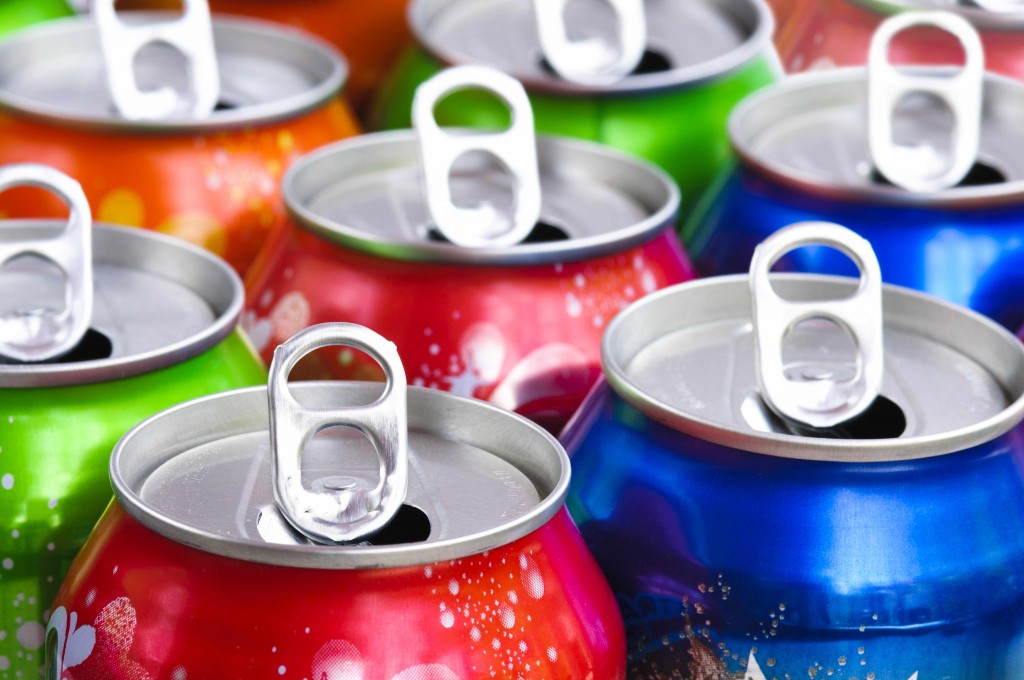-
Sugary Drinks: Find Alternatives for Better Health

Weight gain, diabetes, cardiovascular disease. These are some of the risks associated with consuming sugary drinks, according to a new report from the Journal of the American College of Cardiology. Researchers found the health effects of drinking one or two servings a day of sugar-sweetened beverages include a 35 percent greater risk of heart attack or fatal heart disease.
Lisa Dierks, Mayo Clinic registered dietitian and nutrition manager of the Healthy Living Program says added sugars can be found in many food sources, not just sugar-sweetened beverages. So, how do we lessen the sugar load? Dierks says try "decreasing portion size or changing from a product with added sugars to one with sugar substitutes. Also, take time to look at labels of food products you purchase."
Alternatives to sweetened beverages and sodas include plain water, fruit or vegetable- infused waters for flavor without the calories and seltzer waters for the fizz. What about diet soda? She adds, "Diet soda may help decrease intake from added sugar-sweetened beverages. However, some research shows that use of diet products or products with sugar substitutes may not decrease overall caloric intake."
Foods and drinks with added sugar or "empty calories" can be hard to avoid and should be taken in moderation. She adds, "Restricting access to foods may not teach our children how to handle these foods, resulting in increased intake as they age. Parents should talk to their children about foods that should be consumed in moderation and how much is a treat."
And, since we all deserve a treat on occasion, Dierks says it's about quality over quantity, so consider a 1 ounce bar of high-quality dark chocolate.







